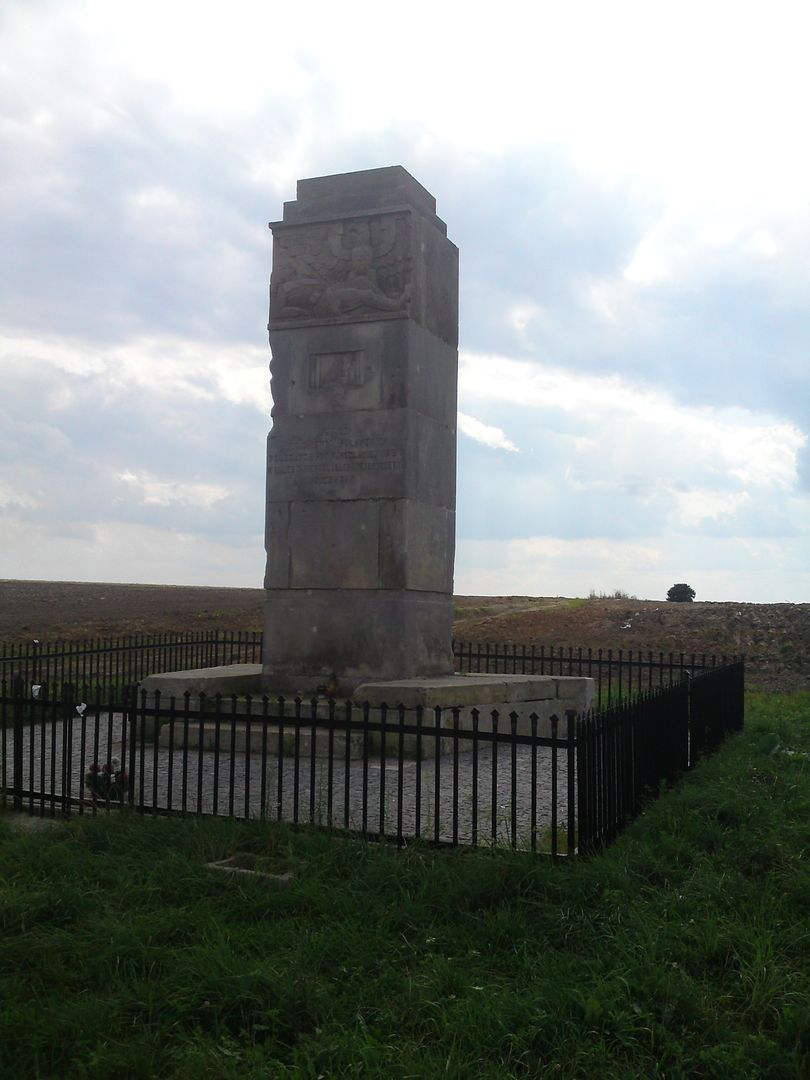Pakosław
6.1

Overview
Pakosław is a village in Poland, located in the Masovian Voivodeship, within the Radom County and the administrative district of Iłża. Historically, it was a well-known noble settlement, with its origins dating back to the 15th century, when its name was first mentioned in Jan Długosz's *Liber beneficiorum dioecesis Cracoviensis*. The village boasts a rich archaeological heritage, showing evidence of human presence as early as prehistoric times. Mesolithic campsites and Neolithic flint mines have been discovered here, indicating long-term settlement in the region. During the Middle Ages, Pakosław was situated on the edge of the Radom Forest, and its development was closely tied to the activities of the bishops of Kraków. In the 20th century, the village played a role in World War I as a site of battles involving Polish legionnaires, and the ashes of fallen soldiers were laid to rest in a nearby grave. Architecturally, Pakosław features a characteristic rural layout, dominated by private homes and public utility buildings, such as the Roman Catholic Church of St. Maximilian Kolbe, which serves as an important center of religious life. The village also has a Volunteer Fire Department and a primary school. Notably, it has developed infrastructure, including water supply and electrical networks, as well as bus transportation, making it well-connected. The climate of Pakosław is moderately warm, with harsh winters and occasional unfavorable hail showers. The etymology of the village's name is linked to the names Pakosław and Pękosław, and the variety of historical spellings reflects both the tradition and history of the area. The final form "Pakosław" was established in the 19th century. The history of the village and its cultural significance make Pakosław an interesting destination for researchers and tourists, as it has preserved a rich historical and cultural heritage.
Location
2026 Wizytor | All Rights Reserved